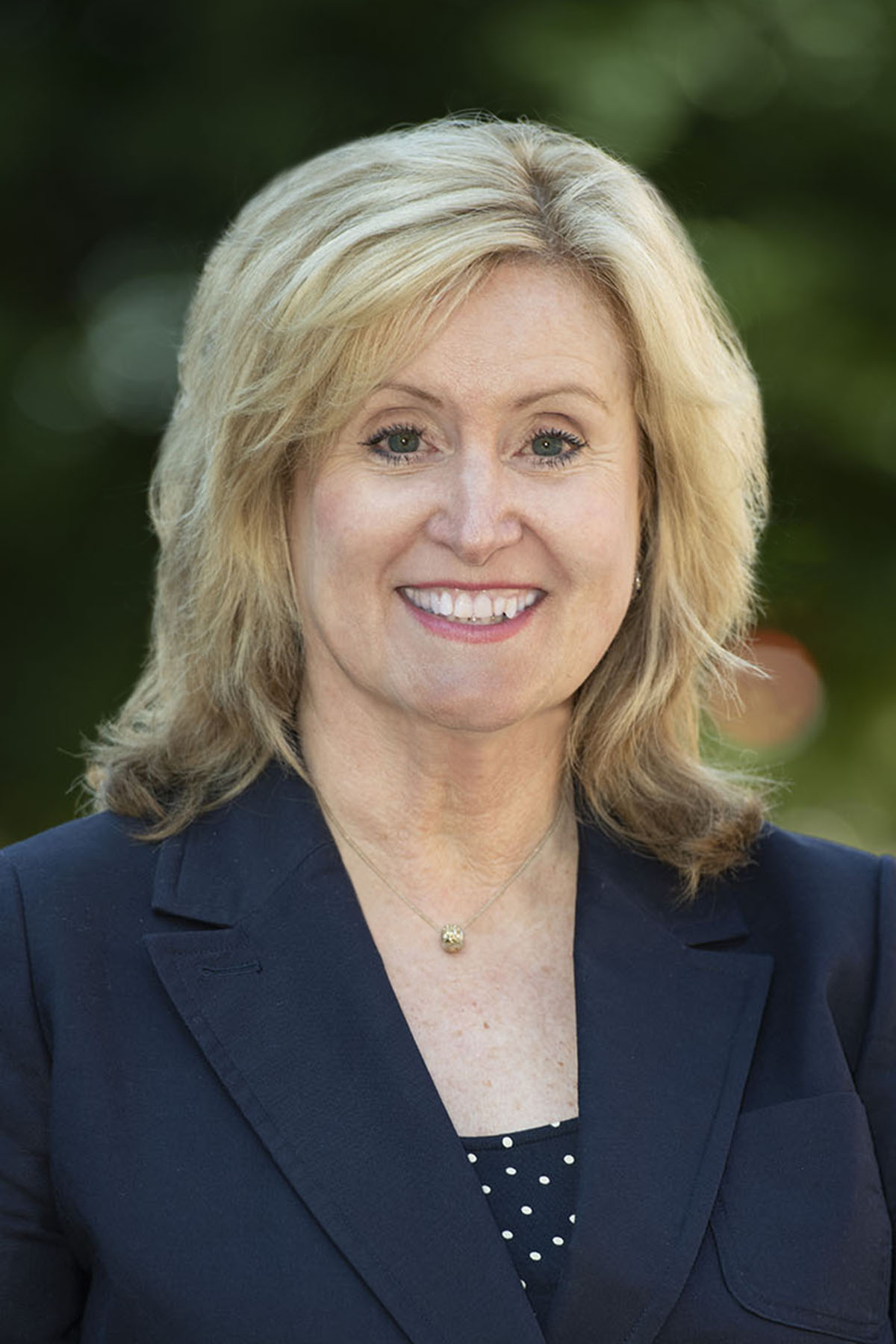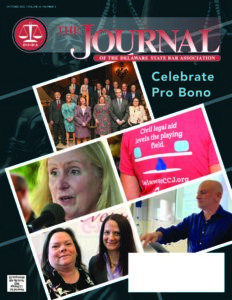It is no secret that there is a housing crisis in this country. Since early 2021, when we were all still immersed in the ramifications of the pandemic, a group of interested stakeholders here in Delaware began to meet on a regular basis (over Zoom, of course), to brainstorm and engage in strategic and targeting planning to address what was then feared to be an imminent eviction tsunami due to the economic impact of COVID-19. Jobs have been lost, some never to be restored. Business shuttered, some never to reopen. Unemployment was and remains prevalent and many Delawareans face an uncertain future. These realities are still unfolding. Early on in 2020, the Federal Centers for Disease Control implemented a moratorium on residential evictions, providing temporary protection for those who had fallen behind in rent. As the pandemic raged on, it became clear that the various moratoria would inevitably end and the problems of unpaid rent, and the lack of affordable housing, would have disastrous consequences.
When faced with this reality, the three civil legal aid agencies – Legal Services Corporation of Delaware, Inc. (LSCD), Community Legal Aid Society, Inc. (CLASI), and Delaware Volunteer Legal Services, Inc. (DVLS)—and other stakeholders in Delaware collaborated with colleagues across the country in an effort to determine what could help people stay housed, stay healthy, and stay safe. Through looking at other jurisdictions, and speaking to housing advocates across the country, we were able to determine what had worked, what might work, and perhaps more significantly, find our place in the bigger picture of housing justice. Joining forces with other housing advocacy leaders allowed us to bring about change in an area of practice that had been relatively unchanged since the Residential Landlord/Tenant Code (contained in the Title 25 of the Delaware Code) was revised in July 1996—over 20 years ago.
After careful consideration, we realized that a potential course of action would be to seek to expand the availability of non-attorneys to represent parties in landlord/tenant cases in Justice of the Peace Court. After months of consideration and careful analysis, the Delaware Supreme Court adopted Rule 57.1 which now allows tenants to be represented by a non-attorney, an option that had previously been available only to landlords.
Delaware’s three legal aid agencies, (LSCD, CLASI, and DVLS), now have the unique opportunity to expand our housing staff beyond attorneys. These new positions, now known as Qualified Tenant Advocates (QTA’s), must be employed and trained by a legal aid agency. They will soon be available to represent tenants in eviction proceedings while under the guidance of Delaware attorneys. We have recently developed a rigorous training program, as well as hired up our first cohort of QTAs. To say that they are enthusiastic for the work is an understatement; I can say without hesitation that it is refreshing to see a group of people who are so energized to pursue their careers in advocating for tenants.
We, as Delawareans, are fortunate that our state Supreme Court recognized the increased need for legal representation among low-income individuals and that it supported this Rule change, creating what is, at this point, the only program of its kind here in the United States. LSCD, CLASI, and DVLS are committed to ensuring that all QTA’s are well-trained and effective advocates who will make a significant contribution to bridging the justice gap.

Cindy L. DePue, Esq.
Executive Director
Legal Services Corporation of Delaware, Inc.

